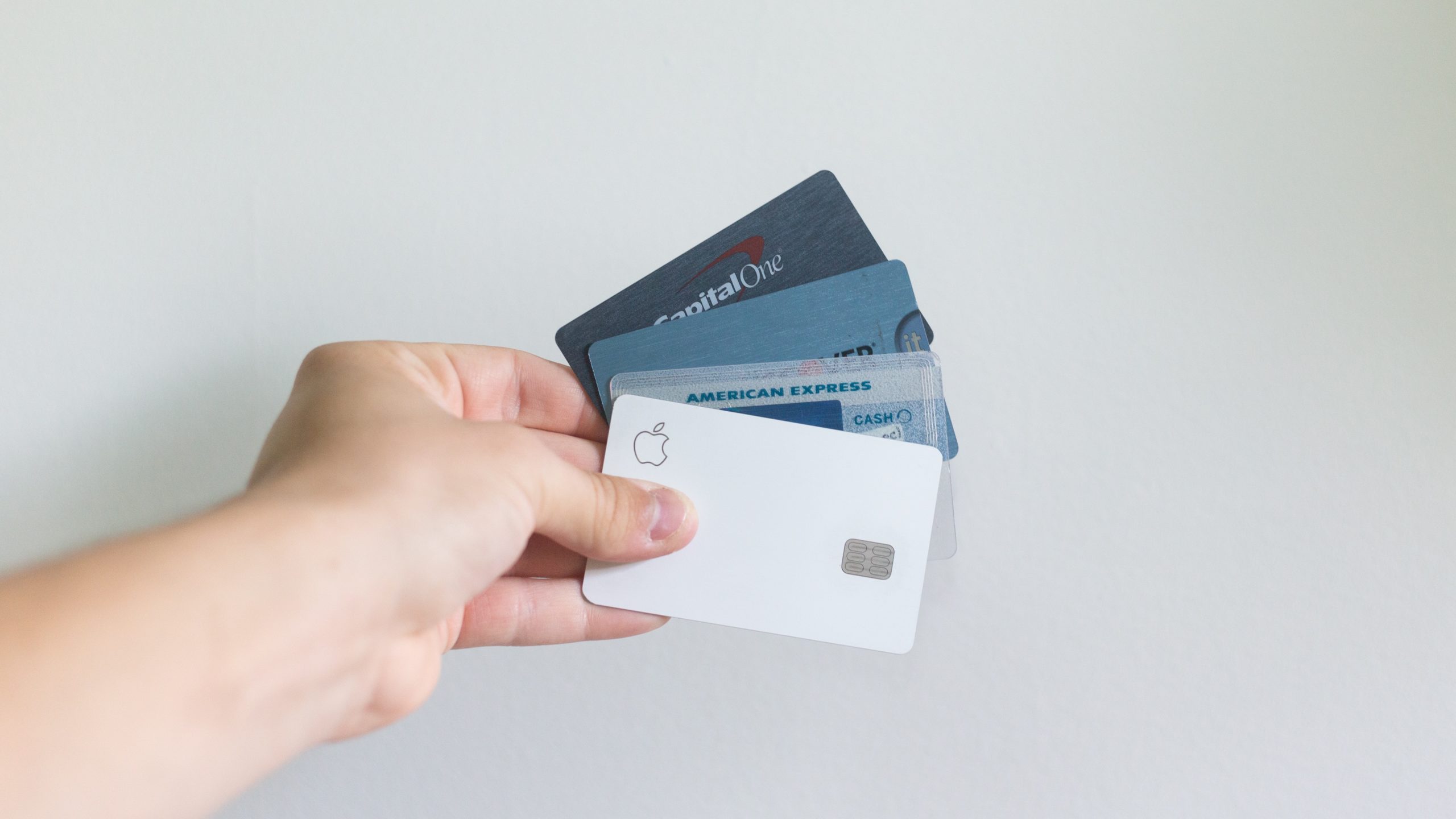Search results
How Many Credit Cards Should I Have?


Credit is a huge part of personal finance, and many people wonder “how many credit cards should I have?” There is no simple answer to that, as any decision comes with a different advantage. If you ever think of one credit card as enough because of the credit card applications, read more to find the answer.
There is no objective number of credit cards you should have on your personal line of credit. The number of credit cards that you have should depend on numerous factors like credit, finances, and perks that you might be looking for.
The number of credit cards one should have depends on financial responsibility. Some prefer to live without a credit card as a means of avoiding the temptation to spend money they don’t have. Other people may benefit from a single card that pays cashback one card for travel, and the other for emergencies.
On the other hand, some people prefer credit cards that offer rewards programs, such as travel and cash back rewards. Either way, it’s up to the cardholder to evaluate why and what they need the credit card for.
Read on to find out “how many credit cards should I have?”
No Credit Cards
Although credit cards are ubiquitous among consumers today, it’s not required to have one. There are some advantages and disadvantages to not having credit cards. In-country like USA, even payment at the gas station can be done by credit cards. Sticking to cash, and spending only what you have in hand can be a fiscally responsible move for some people, but it can be inconvenient at times. Having no credit cards can be an issue for a particular person or citizen. A credit card is different from a debit card.Debit Card
If opening a line of credit via credit card isn’t your forte, having a debit card can offer convenience and allow online purchases. A debit card allows withdrawing money the cardholder already has in their account. Debit cards can also help you to protect your cash. If you lose cold hard cash, it’s likely gone forever, but if a debit card goes missing, you can report it to the bank. They will not only cancel the card but replace it with a new one and return any money that was unauthorized on the card.A Single Credit Card
Many people only open one credit card to build their credit. Credit cards are popular amongst young college students who don’t have any credit history. By having one credit card, it will be easier to control everyday spending, especially for college students. Remember that each credit card has a credit limit. It is advised, however, to make sure you look for a credit card with low-interest rates, or 0% APR. Many banks and lenders offer incentives for students who are just starting off, such as low credit limits so that they don’t immediately get themselves into debt they can’t payback.Cards With Rewards
Many cards offer rewards when you use them. Rewards may include travel, hotel, or cash back rewards. Cards that don’t charge an annual fee generally come with lower introductory bonuses than cards that do and may not be as generous with rewards points on day-to-day spending. Only sign up for the number of rewards cards you can handle. Having multiple cash-back cards may be excessive. Remember that canceling a credit card early on while building credit history could damage your credit. Reducing credit lines may mean an increase in the credit utilization rate, which also can reduce a score. Cardholders may also consider a card that uses the American Express, Visa, or MasterCard networks, which are accepted by more retailers, especially abroad, than Discover.Retailer Specific Cards
Depending on your lifestyle, there may be different options for additional cards besides ones that offer cash back or travel rewards. Specific retailer credit cards may also be beneficial. These credit cards offer benefits and rewards tied to a specific retailer a cardholder frequents or is about to spend a lot of money within the near future. Many of these cards are only accepted by the specific retailer. Make sure to check and read the policy info and security policies for retailer-specific cards.Multiple Cards
Having multiple credit cards or lots of credit cards can have its benefits. However, there are drawbacks to having multiple cards. There are several types of cards to consider. Here are a few examples of the pros and cons of having multiple cards:Pros
- Backup Cards
- Emergencies
- Build Credit
- Travel Credit Cards
Cons
- The Lure of Credit Card Rewards
- Too Much to Juggle
- Late Fees and Interest










